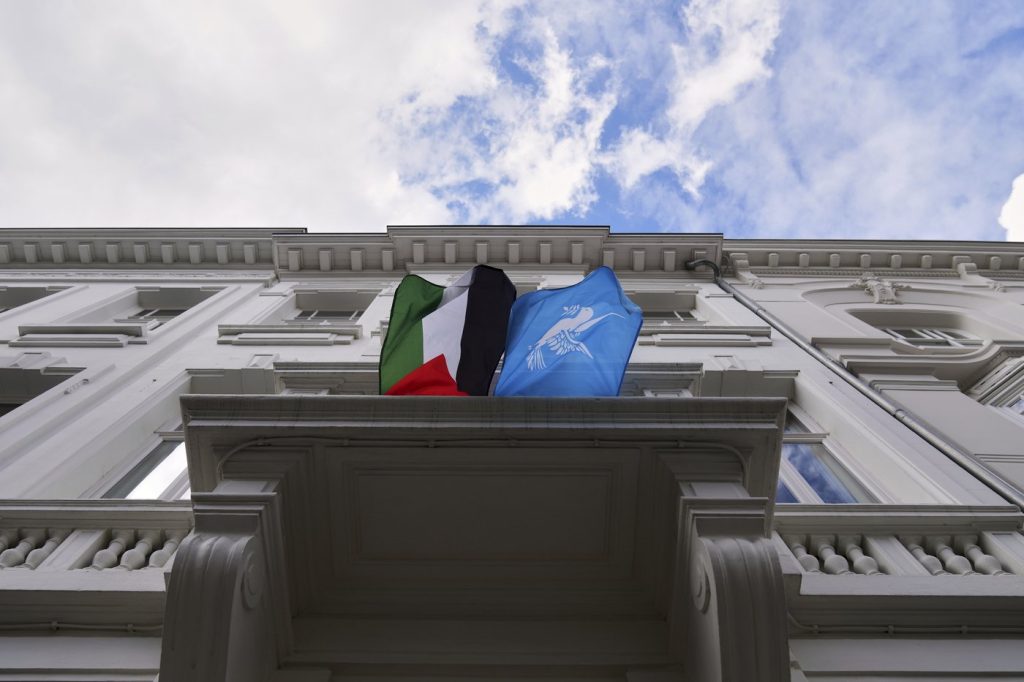Belgium is poised to recognize a Palestinian state, as announced by Foreign Minister Maxime Prévot on Tuesday. This decision aligns Belgium with a growing number of countries, particularly as Israel intensifies its military operations in Gaza. The official announcement is expected to take place at the United Nations General Assembly later this month.
However, Prévot outlined two key conditions for this recognition: the return of all Israeli hostages currently held in Gaza and the removal of Hamas from political power in the region. Given these stipulations, it appears unlikely that formal recognition will be achieved in the near future.
This announcement further signals international support for Palestinian statehood, adding Belgium to a list of more than 140 countries that have recognized Palestine, including over a dozen in Europe. In conjunction with the recognition plans, Prévot also indicated intentions to prohibit goods originating from Israeli settlements in the West Bank. Additionally, he is set to label Hamas leaders, violent settlers, and two far-right Israeli ministers as persona non grata.
Prévot emphasized that the actions taken by Belgium are not intended to punish the Israeli populace but to compel the Israeli government to adhere to international and humanitarian laws. He proposed that the European Union should enhance pressure on Israel by suspending relations, including its trade agreement known as the Association Agreement.
The ongoing conflict in Gaza has strained relations among the EU’s 27 member states and incited widespread protests across Europe. It has also caused rifts in political coalitions within Belgium and neighboring countries such as the Netherlands. Despite the increasing political tensions, Israel's extensive connections with European military, business, and academic institutions have largely remained unaffected.
The announcement from Belgium has provoked backlash from Israeli officials, notably from far-right National Security Minister Itamar Ben Gvir. He denounced European nations as being manipulated by Hamas, suggesting they would ultimately experience the consequences of terrorism within their borders.
In the diplomatic landscape, both France and the United Kingdom have declared intentions to recognize Palestine, increasing the pressure on Israel. France and Saudi Arabia are planning a significant event coinciding with the U.N. General Assembly, slated to commence on September 23, where further commitments are anticipated.
Countries such as Australia, Canada, and other European nations contemplating the recognition of Palestinian statehood have conditioned their support on necessary reforms within the Palestinian Authority. There are widespread perceptions among Palestinians that their current leadership is corrupt and autocratic. While cooperation with Israel on security matters continues, Israel does not consider the Palestinian Authority effective or fully committed to the peace process, asserting that it should have no role in a post-war Gaza.
The Palestinian territories, which include the occupied West Bank, annexed east Jerusalem, and Gaza—captured by Israel during the 1967 Middle East War—are the areas the Palestinians aspire to establish an independent state. Historically, Israel’s government and its political class have been opposed to the notion of Palestinian statehood, now arguing that such recognition would effectively reward militants following the Hamas attack on October 7.
The developments in Belgium underscore the evolving dynamics in international relations concerning the Israeli-Palestinian conflict. As nations grapple with their stances on this enduring issue, the situation continues to provoke strong reactions both politically and publicly.












